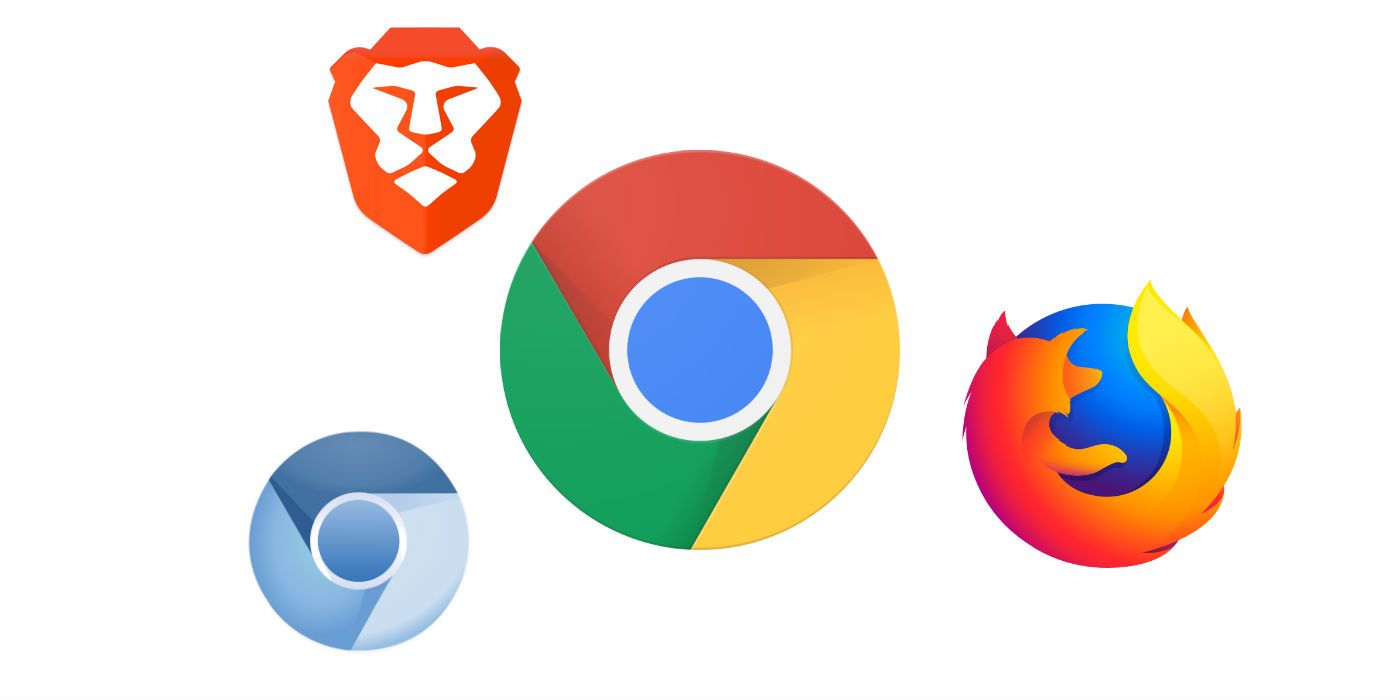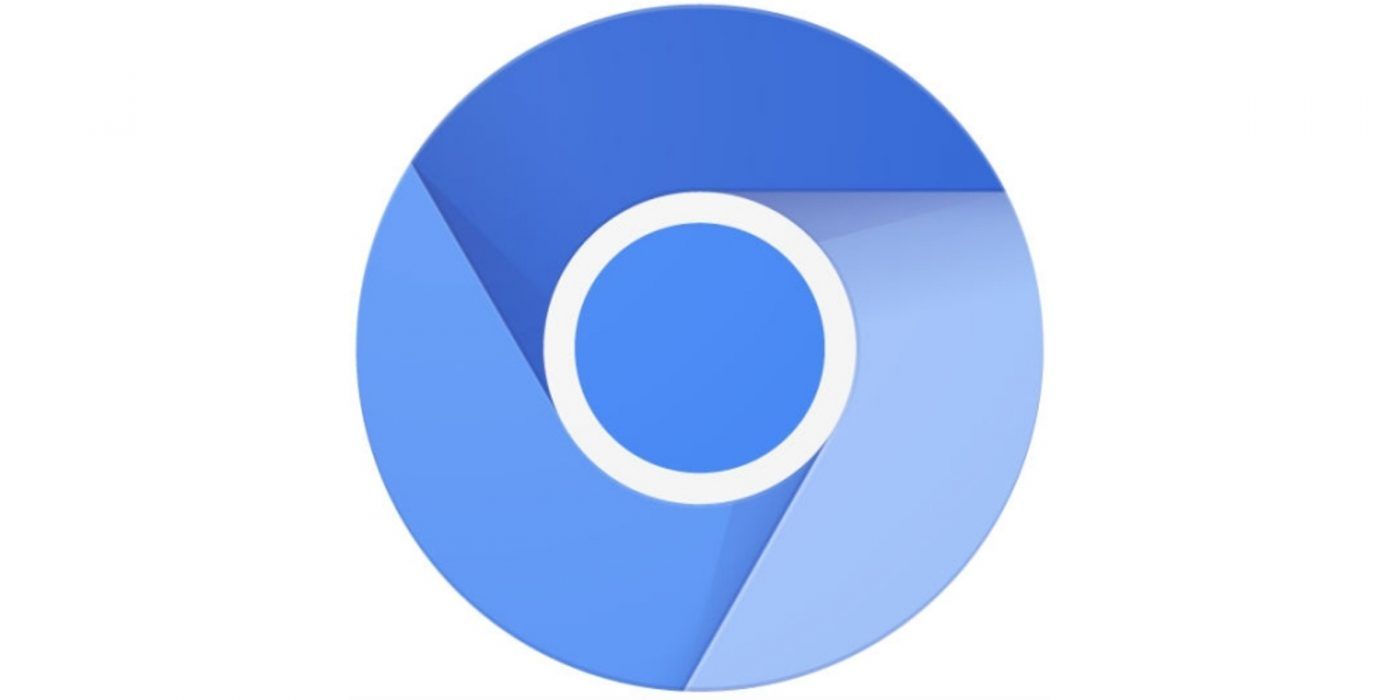Your web browser knows a lot about you, and it might be sharing that information without your permission – so which browser should you use? According to recent statistics, 80% of all desktop and laptop users are using Google Chrome. But is Chrome the best choice for privacy? There are alternatives out there, most of which provide equal or better privacy features to keep your information secure.
For web browsers, privacy usually means that your browser is not sharing any additional information that it doesn't need to share with the websites you visit. For example, if your web browser allows advertising networks to follow you around and keep track of what sites you visit, then it is not truly protecting your privacy. And even if your browser does protect from this, it may still suffer from a tracking technique known as fingerprinting. That's where a site may be able to determine who you are based on the configuration of your browser and computer.
According to ExpressVPN, the single best browser to use that provides absolute privacy is Tor Browser. Unfortunately, Tor Browser doesn't make much sense for your average daily visit to YouTube. That's because Tor protects your data by routing your computer's Internet requests through a network of nodes to disguise who you are. For protecting privacy, this method is incredibly powerful. However, it comes at a great cost in the form of speed. With that in mind, let's take a look at a few browsers that offer reliable privacy without sacrificing speed.
Firefox
Created by the nonprofit Mozilla group, Firefox was at one point the most popular alternative browser out there (by alternative, we mean not Internet Explorer or any other default web browser that came prepackaged with an operating system). Recently, Firefox has become much less popular, but the organization behind it is still extremely active in developing updates and releasing new versions to stay on top of the latest threats and tracking technologies.
The company has this to say about their stance on privacy:
There’s no hidden agenda here. Our business doesn’t depend on secretly abusing your trust. Our Privacy Notice is actually readable. Anyone in the world can attend our weekly company meetings. If you want to dig into every datapoint we collect, our code is open. And so are we.
Chromium
One of the best things about Chrome is that Google released the code to the public so that custom versions could be produced. One of those custom releases is Chromium, which is essentially a stripped-down version of the original. What did they remove, exactly? Chrome is a notorious information tracker. If you sign into Chrome, it will record and report back all of your browsing to Google to target you with ads. You can mitigate this by not signing in, but once your browser touches any Google service or tracker, it's likely that Google can figure out who you are and resume tracking your activity.
Chromium, on the other hand, is an open source alternative that strips out all of Google's tracking abilities. It instead offers all of the benefits of Chrome without the built-in tracking. For compatibility and access to Chrome features, Chromium is a respectable choice in the fight for personal privacy.
Brave
Like Chromium, Brave is a descendent of Chrome. But where Chromium presents a lightweight version of Chrome, Brave takes things in another direction and adds a number of sophisticated features. For example, Brave has a built in ad-blocker that not only stops ads, but also prevents stops harmful scripts. Further, the software has anti-fingerprinting features that fight against ad networks following you.
For true privacy fanatics, Brave offers a feature that allows users to connect to the Tor network for nearly absolute privacy. When connected to Tor, your ISP will be unable to see what you're doing. It can also bypass geo-restrictions and national censorship.
Which browser is the best for privacy, then?
As long as you make an effort to protect your privacy, you can make a difference. Using Chrome means that you are potentially giving your browsing information to Google. If you are okay with that, you have nothing to worry about. But if you don't feel comfortable knowing that a multibillion-dollar corporation is watching your every move, using an alternative browser is in order. No matter which privacy browser you choose, any of them is going to be a big improvement.




